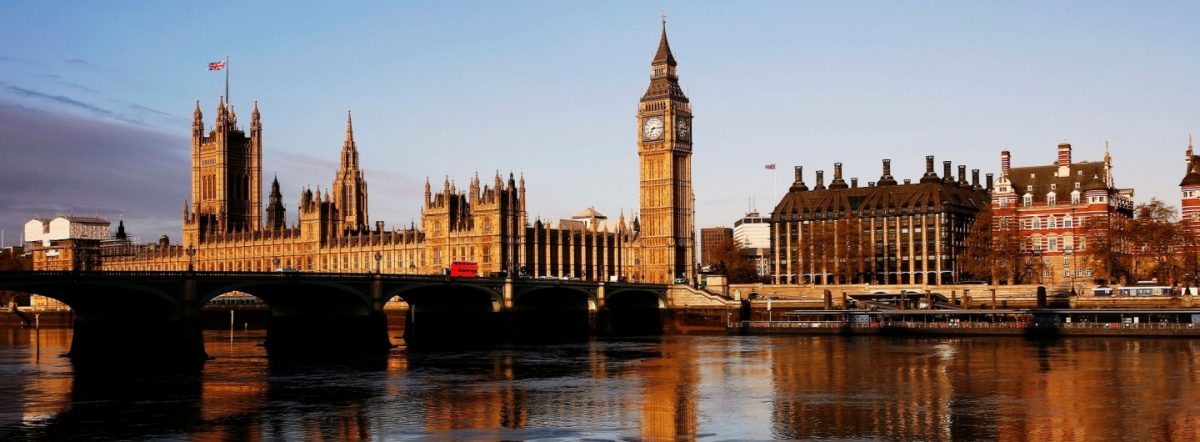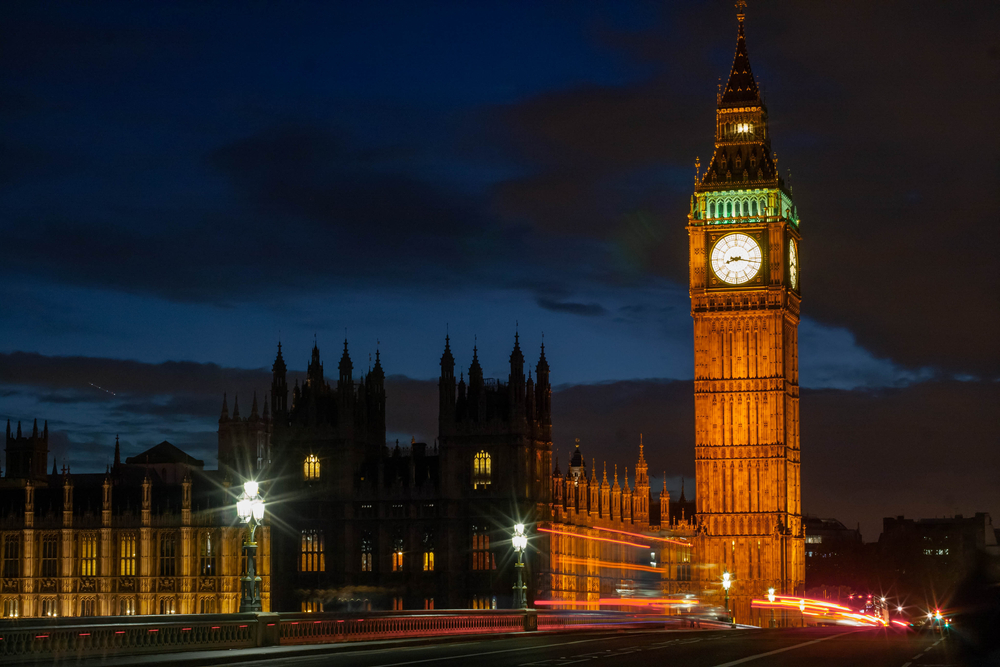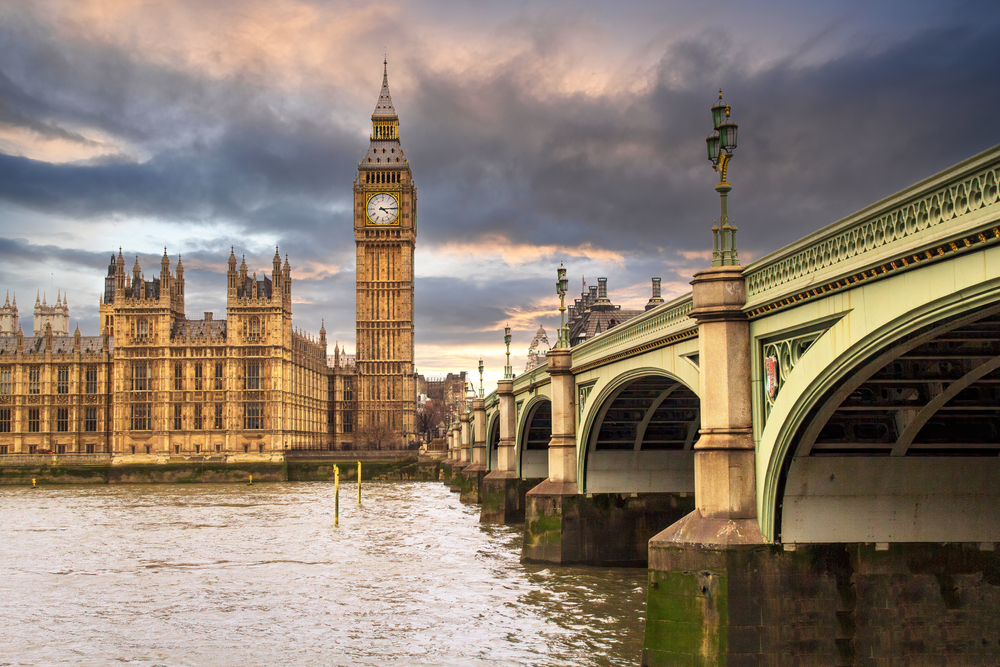Households in energy debt are turning to illegal money lenders to pay for their bills and everyday essentials, according to new research shared with the House of Commons Energy Security and Net Zero Committee today.
Research among households in energy debt by the Warm This Winter campaign, found that almost one in five (18%) have turned to illegal money lending sources in the last 12 months. [1]
Among younger households in debt the situation is even worse, with a quarter (24%) of under 35s and a third (32%) of customers aged 35-44 turning to illegal money lending.
In the next 12 months, the illegal debt mountain is due to grow with two-thirds of households in energy debt due to look for more sources of money. While many will turn to credit cards (27%) and overdrafts (14%), 20% will borrow from family and 14% will turn to illegal money lenders.
The impact on households is that 13% of customers in energy debt owe money to someone they are frightened of. This figure rises to 18% among those living with long-term illness and in households with young children under the age of 5.
Simon Francis, coordinator of the End Fuel Poverty Coalition gave evidence to the Committee and presented them with the research findings:
“The findings are horrific and worse than experts had feared.
“Energy debt is forcing households to wake up in the morning scared of the consequences of using electricity or gas.
“Energy bills and energy debt are a fundamental part of our broken energy system which has led to the cold damp homes crisis we saw this winter.
“The long term solutions are obviously wider than changes to standing charges and tariff reform. We need to see more insulation, ventilation, unblocked cheaper renewables and weaning ourselves off oil and gas to improve energy security.”
The Committee also heard that Time of Use tariffs, one of the main proposed solutions to high energy bills, risk leaving behind millions of households. Research by Survation for campaign group 38 Degrees found that over half (54%) of the public may become energy exiles – unable to access the latest market innovations due to their household circumstances. [2]
Veronica Hawking, acting campaigns director at 38 Degrees said:
“This research shows millions could miss out on time-specific tariffs designed to lower bills, through absolutely no fault of their own. This includes people who rely on energy for medical needs, who need to leave the house at a regular time of day, or who can’t access a smart meter.
“That’s why it’s crucial that any changes to our broken energy system must be underpinned by a social tariff, and why the government’s U-turn on a social tariff consultation was a huge missed opportunity. Whoever forms the next government must make it an absolute priority.”
As well as introducing a social tariff and banning discriminatory energy tariffs, the Committee heard recommendations on tackling the energy debt crisis. These included:
- A universal, consistent, nationwide, debt matching programme funded by the £1.3bn customers are paying through our bills for energy debt costs this year.
- A ban on energy firms from selling on debt to debt collectors.
- Better regulation of energy debt with energy debt and debt collection agencies used by energy firms to be subject to Financial Conduct Authority rules.
- More training for energy firms’ staff in recognising illegal money lending.
- Reforms to standing charges, including their abolition for prepayment meter customers if certain conditions are met. [3]
Warm This Winter spokesperson Fiona Waters said:
“We like to think of ourselves as a civilised society but surely having heat and power is a fundamental human right for everyone and the idea that people are so desperate they are turning to dangerous loan sharks is horrific.
“It’s extremely worrying to see a quarter of under 35 year-olds in energy debt have no way out other than turning to illegal money lending. This is setting themselves up for a lifetime of being at the mercy of loan sharks and their ilk and I dread to think of the impact this has on young families.
“We need a government that won’t abandon people with unaffordable energy bills and will instead invest in permanent solutions, like home insulation and homegrown renewable energy.”
Jonathan Bean, from Fuel Poverty Action added:
“Energy inequality is growing to dangerous levels, with millions of us starved of energy or forced into dangerous borrowing. We need a fairer system where everyone is safe, and has access to cheap renewable energy.”
ENDS
[1] Research was conducted among 500 people across the UK living with energy debt. The interviews were conducted online by Sapio Research between April and May 2024 using an email invitation and an online survey.
Results of any sample are subject to sampling variation. The magnitude of the variation is measurable and is affected by the number of interviews and the level of the percentages expressing the results. In this particular study, the chances are 95 in 100 that a survey result does not vary, plus or minus, by more than 4.4 percentage points from the result that would be obtained if interviews had been conducted with all persons in the universe represented by the sample. Sample was selected from Online partner panels.
[2] Survation polling for 38 Degrees. Survation polled 2,018 members of the general public, online between 26-29 April. Data were weighted to the profile of individuals aged 18+ in UK. Data were weighted by age, sex, region, ethnicity, education level, and annual household income. The total includes those who are unable to access smart meters, rely on energy for medical or disability needs, have inefficient heating or who are unable to control when they use electrical appliances.
[3] Campaigners have called for reform of standing charges so that:
- Investment and all policy costs are moved onto general taxation (and an end to the Ofgem “float and true up process”)
- Reductions in marketing, operating, headroom and EBIT allowances for suppliers and moving marketing and operating costs onto unit charges to improve market competitiveness.
- Review the £30bn profits in the network and transmission sector and examine the impact of moving network costs onto unit charges.
- After reforms and reductions in charges, the end to PPM standing charges should be possible, subject to further analysis and equalities impact assessments.




